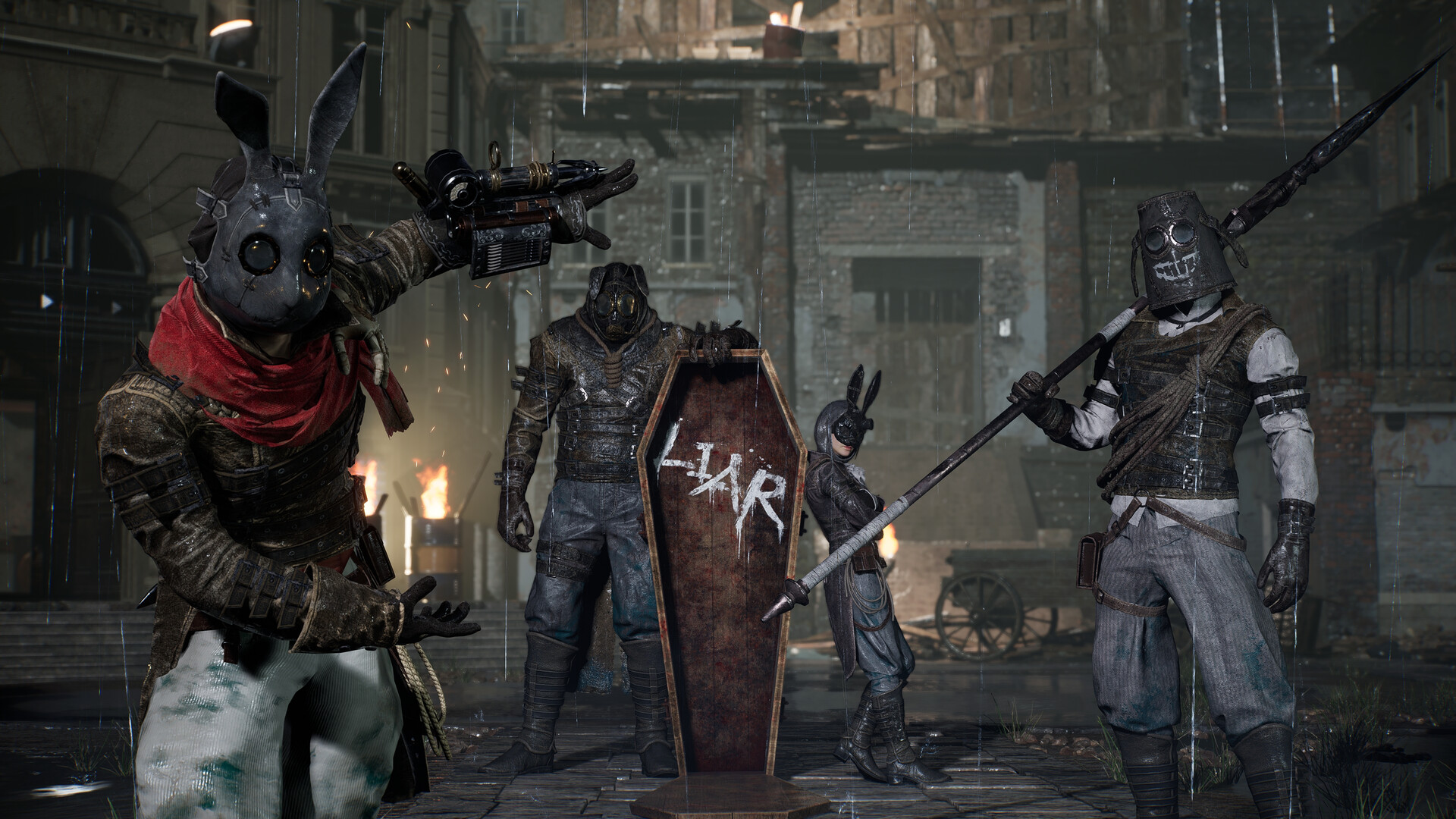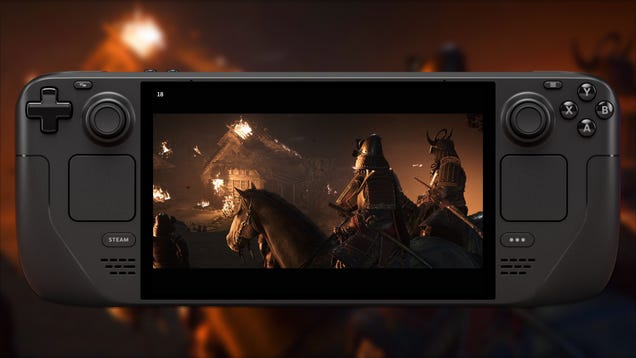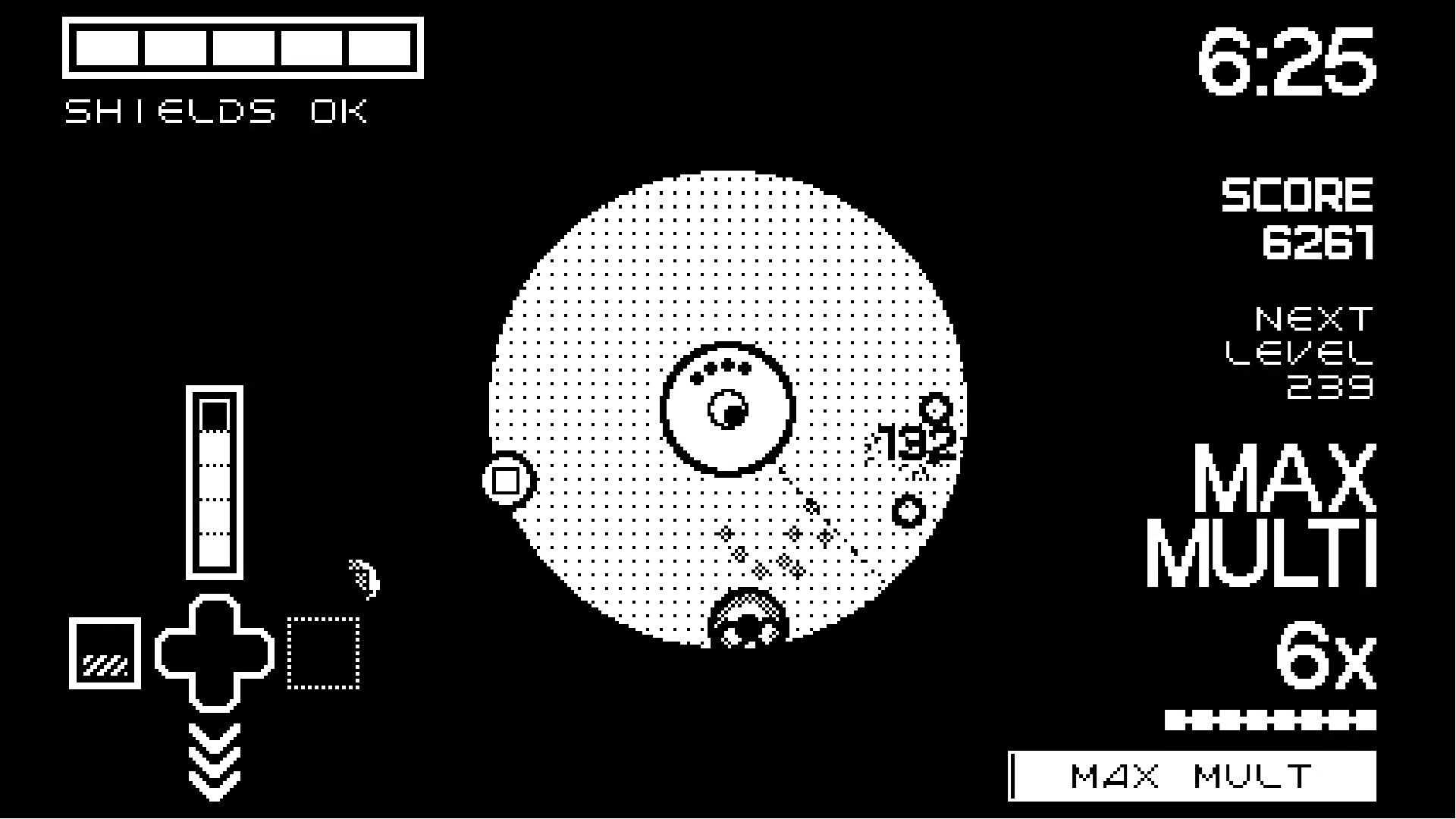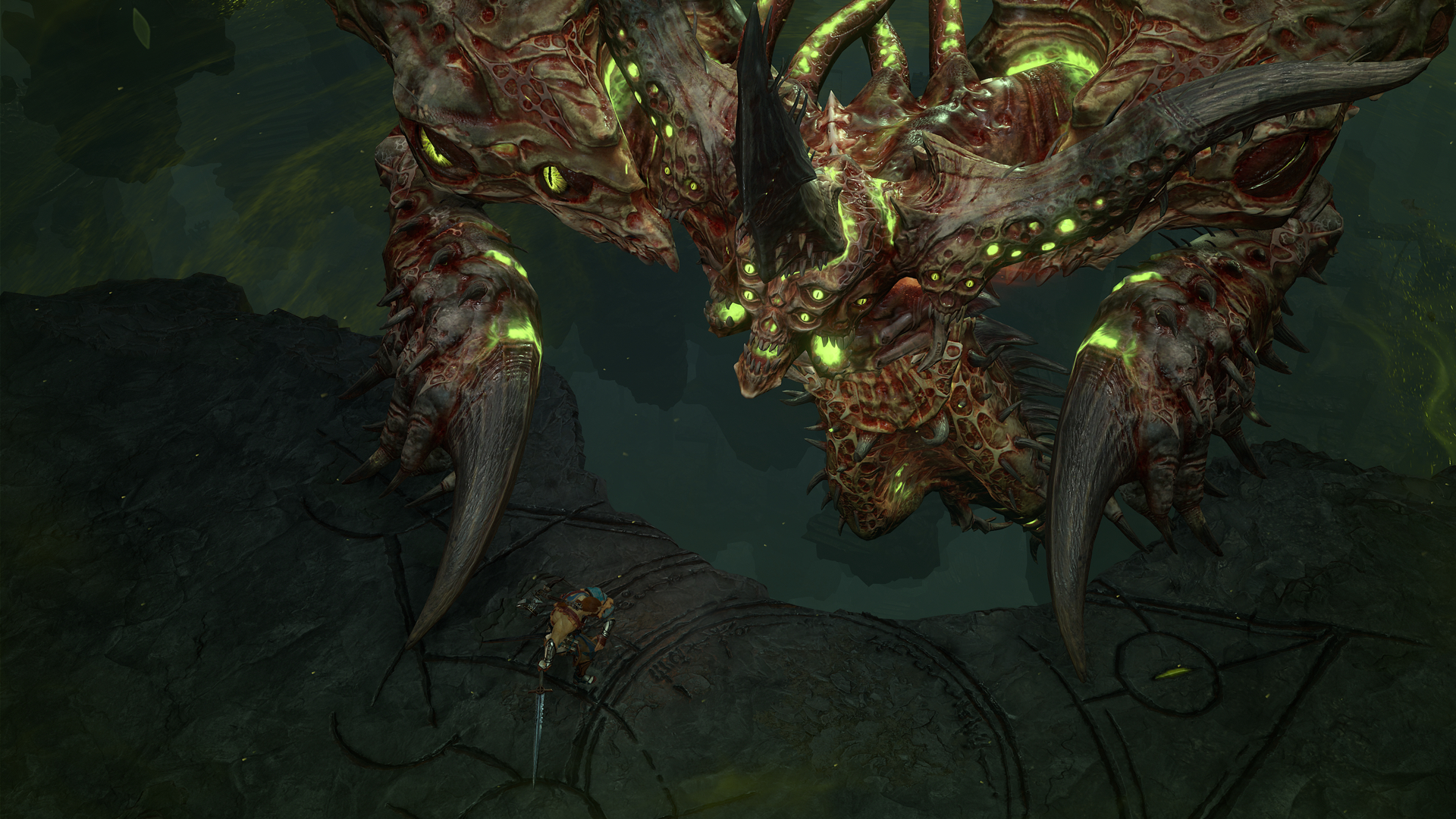
Help P fight through a puppet-pillaged city.
Lies of P is pretty tough in its own right, especially for those who play it expecting something identical to Soulsborne. While the game definitely takes a hefty dose of influence from those popular games, it has its own systems and challenges to overcome, not least of all, a heavy focus on deflecting attacks that wasn’t really present in Bloodborne at all.
In many ways, Sekiro players are more likely to be at home with the game, considering the Legion Arm plays a similar role to the Shinobi Prosthetic, and staggering an enemy through deflections to deal a Fatal Attack is one of your primary methods of beating bosses and tough enemies.
Still, as our Lies of P review says, the game holds its own, and it does a good job of creating an experience that’s both familiar yet challenging. All that said, here are ten tips to help you get acquainted with Lies of P and its mechanics.
Learn to Perfect Guard and hit back
(Image credit: Neowiz)
This first tip might be a bit obvious, but learning to Perfect Guard is a necessity in Lies of P, especially in the early game when your dodge is pretty terrible. To clarify, Perfect Guard is the game’s deflection mechanic, where you block just as the attack hits. While blocking a regular attack from a boss will still damage you, performing a Perfect Guard won’t, and will contribute to you staggering them and potentially breaking their weapon.
If you do take damage through a block, you’ll have a brief period of time to hit the boss and recover that HP. This, combined with Perfect Guard, is your best bet for mitigating HP loss in a boss fight while still dealing damage.
Choose a blade with high damage reduction
(Image credit: Neowiz)
Another important aspect of blocking is the damage reduction stat on your blade. Once you defeat the Mad Donkey boss—he isn’t a real donkey sadly—you’ll be able to assemble new weapons using the blades and handles of those you have. Some blades, like that of the Greatsword of Fate you can choose at the start of the game, have higher damage reduction, meaning you lose less HP when you fail a Perfect Guard and just do a regular old block.
The difference between blades and their damage reduction stat might seem small, but when you’re blocking an onslaught of attacks in a boss fight, that HP difference quickly mounts up, and can mean life or death.
Make sure to use your Staggers
(Image credit: Neowiz)
If you land enough charged attacks and Perfect Guard against a boss’s blows, a white bar will appear around their health, meaning you can stagger and stun them with a charged attack. This is one of Lies of P’s most frustrating systems, especially with fast bosses who barely give you an opening to fully charge an attack, or if you’re using a slow weapon.
Either way, it’s important to take advantage of those stuns. You can choose to perform a Fatal Attack by standing in the little red circle once they go down, but unless you’ve upgraded your Fatal Attack damage with your P-Organs, it might be more efficient to just keep whacking them or use a Fable Art instead. In some of the later bosses, these stuns give you a brief respite to sharpen your weapon, or use important consumables, so getting that charged attack off can be pretty vital.
Sharpen when you can
(Image credit: Neowiz)
Provided most bosses don’t take you too long, sharpening your weapon with the grinder won’t be too much of an issue, but it’s always worth keeping an eye on your weapon’s condition using the bar in the bottom right. In at least one of the longer boss fights later on, you’ll specifically have to look for a moment to resharpen mid fight, and it’s better to plan for that than suddenly find your weapon breaking and dealing less damage in the thick of it.
After you defeat the King’s Flame, Fuoco boss, you’ll also be able to attach a special grindstone to your grinder, letting you infuse your weapon with fire or electric while sharpening once per Stargazer rest. This is extremely useful for coping with boss weaknesses.
Upgrade your dodge (or just sprint)
(Image credit: Neowiz)
One of the biggest complaints with the Lies of P demo was that the dodge is extremely bad, but the good news is that you can upgrade it. When you beat the Scrapped Watchman in Krat City Hall, you’ll get a quartz and unlock the P-Organ system that lets you buff yourself. The very first node on the right unlocks Link Dodge, which is more akin to the Soulsborne dodge most players will be used to.
When you unlock Phase 2, you’ll also be able to get Rising Dodge, which lets you evade after you’ve been knocked to the ground. Until you get that first dodge unlocked, I recommend using sprint instead to avoid and bait out those deadlier boss attacks.
Hold onto your Rare Ergo
(Image credit: Neowiz)
This is nothing new to those who’ve played Dark Souls or Bloodborne, but make sure to hold onto your Rare Ergo. It’ll be a while before you can use these “boss souls”, but once you get to St. Frangelico’s Cathedral, meet Alidoro, and beat the boss there, you’ll be able to trade each of them for a unique weapon or amulet. While some of the weapons are a little lacklustre, there are some incredibly powerful amulets.
The Triumvirate Amulet, for example, upgrades all your Legion Arms by +1, while the Nameless One’s Amulet gives you a chance to not consume a Pulse Cell when you heal. Boss weapons are unique in that their blades and handles can’t be used to make other weapons, but they do make up for it with special Fable Arts.
Watch out for the helpful quest item hints
(Image credit: Neowiz)
If you pick up a quest item or even an inventory upgrade for one of the vendors at Hotel Krat, the “Teleport to another Stargazer” menu will show you the appropriate area to use it with a little item icon. You might first notice this if you pursue the quest to help the woman find her baby in Elysion Boulevard. Once you have the baby, its item icon will show up on the teleport menu next to the Stargazer closest to her location. This helps take a lot of the guesswork out of NPC quests, and what to do with any mysterious items you find.
Don’t neglect your Fable Arts
(Image credit: Neowiz)
Fable Arts are weapon skills that consume the little blue slots underneath your stamina bar. You have two seperate Fable Arts; one for your weapon’s blade, and another for your handle, meaning you can switch them around when you assemble a new weapon—you can also see the price of each Fable Art in the bottom right. On the whole, though, they’re easy to forget about, especially if you only have skills that cost three slots to perform. In order to charge Fable Slots, you need to land attacks, or consume Fable Catalysts, but there often isn’t time in the middle of a boss fight.
Either way, make sure you’re familiar with your Fable Arts by trying them out in the Hotel Krat training area. Though expensive, those three slot offensive abilities are very good for pushing bosses over the threshold into a stagger.
Use throwing items to lure enemies
(Image credit: Neowiz)
A classic Souls strategy; you’ll be happy to know that you can still throw ranged items to pull enemies out of position. It might be an obvious ambush, a big group of enemies you don’t want to face, or some puppet hanging off the side of a bridge waiting for you to walk by—simply chuck a Sawtoothed Wheel to knock them off or get them to advance on you so you can kill them separately.
In general, all of the Lies of P throwing items are pretty good. I’d especially recommend saving up your Throwing Cells and Thermite for when you need to blitz down or finish a difficult enemy or boss.
Legion Arms are best for exploration
(Image credit: Neowiz)
For the most part, I’ve found Legion Arms to be pretty useless in bosses. Sure, Flamberge and Fulminis are a great way of applying fire and electricity, but they’re not better than just slapping that element on your weapon with an abrasive or grinder and attacking instead. Falcon Eyes can deal damage to a boss at range, but its slow reload and aim leaves you vulnerable, while the exploding Aegis shield doesn’t seem to stun bosses at all, making it an expensive way to block a single attack.
Instead, Legion Arms are far better for exploration and dealing with the tough enemies you find out in the world, whether it’s using Puppet String to pull a pesky sniper from their perch, or Falcon Eyes to blast away at a slow but tough enemy from a safe distance.






